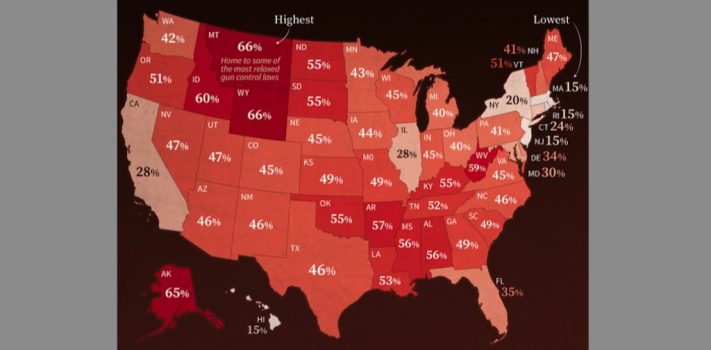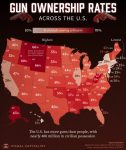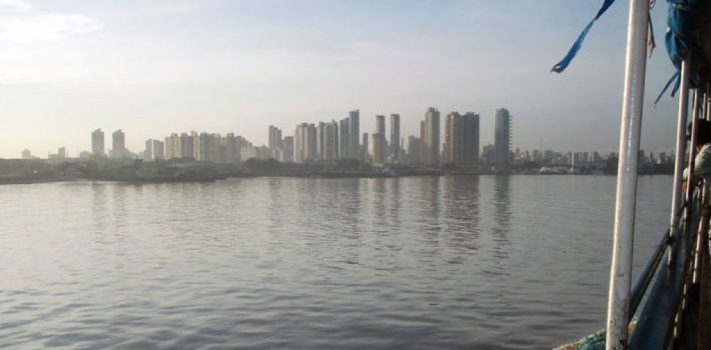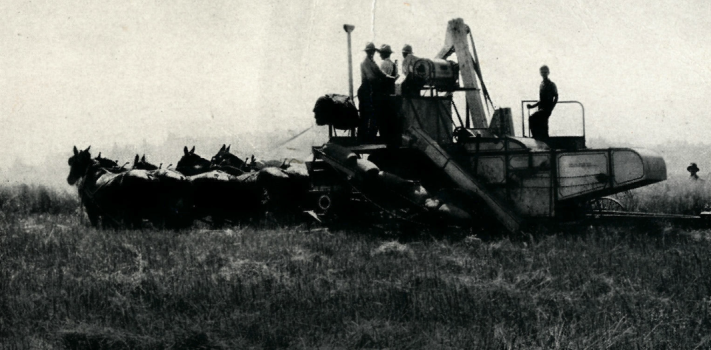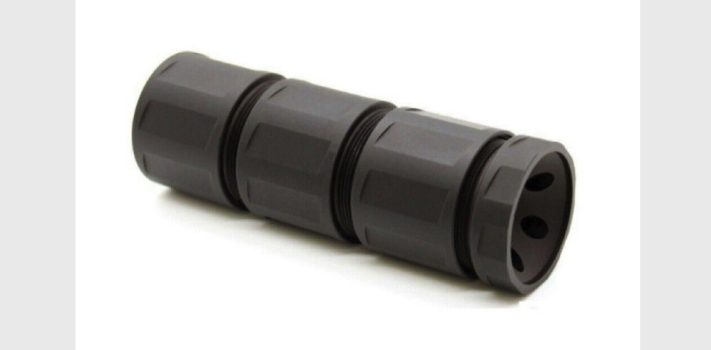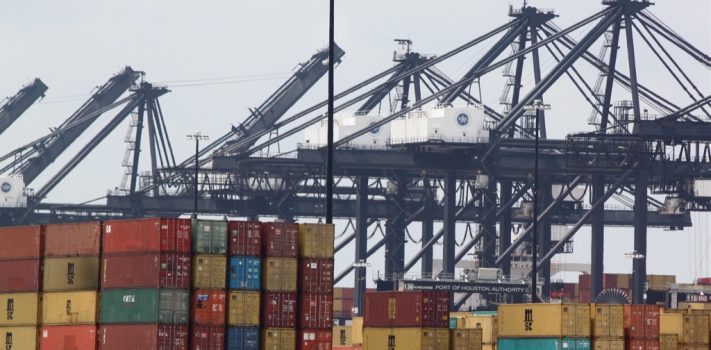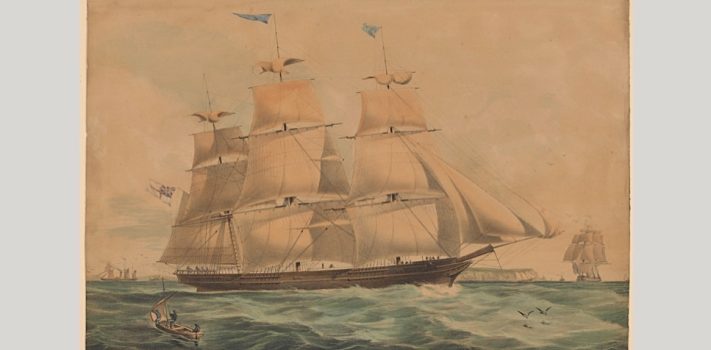Today’s graphic was suggested by Avalanche Lily: Map of U.S. Gun Ownership Rates. (This map is courtesy of Visual Capitalist.)
The thumbnail below is click-expandable.
JWR’s Comments:
Take note that this data comes from the anti-gun website The Trace. So I suspect that the figures are all skewed low. When they are polled in telephone surveys, I assume that many gun owners hang up, or are reluctant to report their gun ownership.
You can see how strongly the American Redoubt region ranks. If Eastern Oregon and Eastern Washington were separate states, then their rates of gun ownership would almost surely also be at or near 60%. Correspondingly, the western halves of those states probably have a gun ownership rate below 40%.
I can see that Idaho has some catching up to do, to match Wyoming and Montana. Idahoans should buy or build more guns!
—
Please send your graphics or graphics links to JWR. (Either via e-mail or via our Contact form.) Any graphics that you send must either be your own creation or uncopyrighted.

